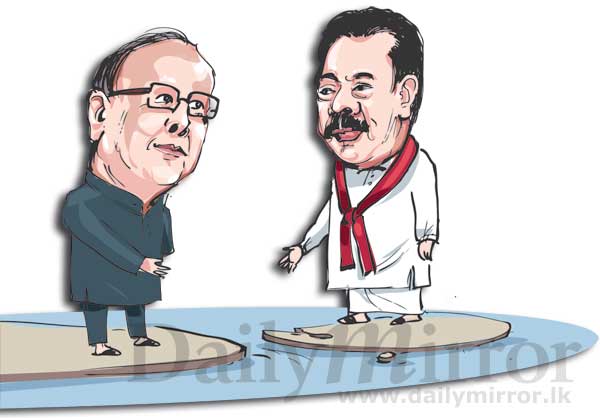Reply To:
Name - Reply Comment
Last Updated : 2024-04-27 00:40:00
 By N. Sathiya Moorthy
By N. Sathiya Moorthy
_DM-9_02.jpg) Yet, the western world does not understand either, for them to empathise with. To most of them on the streets of western nations, simplifying problems before them makes them easy to accept. The solutions too could only be simplistic. Taking the complexities in doses, they often end up throwing up their hands and leaving in distress. From Vietnam to Afghanistan, Shah’s Iran to Marcos’ Philippines, there is a pattern, unintended or otherwise. None seem to be thinking or about the ‘day after’ when they should be.
Yet, the western world does not understand either, for them to empathise with. To most of them on the streets of western nations, simplifying problems before them makes them easy to accept. The solutions too could only be simplistic. Taking the complexities in doses, they often end up throwing up their hands and leaving in distress. From Vietnam to Afghanistan, Shah’s Iran to Marcos’ Philippines, there is a pattern, unintended or otherwise. None seem to be thinking or about the ‘day after’ when they should be.
Add comment
Comments will be edited (grammar, spelling and slang) and authorized at the discretion of Daily Mirror online. The website also has the right not to publish selected comments.
Reply To:
Name - Reply Comment
US authorities are currently reviewing the manifest of every cargo aboard MV
On March 26, a couple arriving from Thailand was arrested with 88 live animal
According to villagers from Naula-Moragolla out of 105 families 80 can afford
Is the situation in Sri Lanka so grim that locals harbour hope that they coul

26 Apr 2024
26 Apr 2024